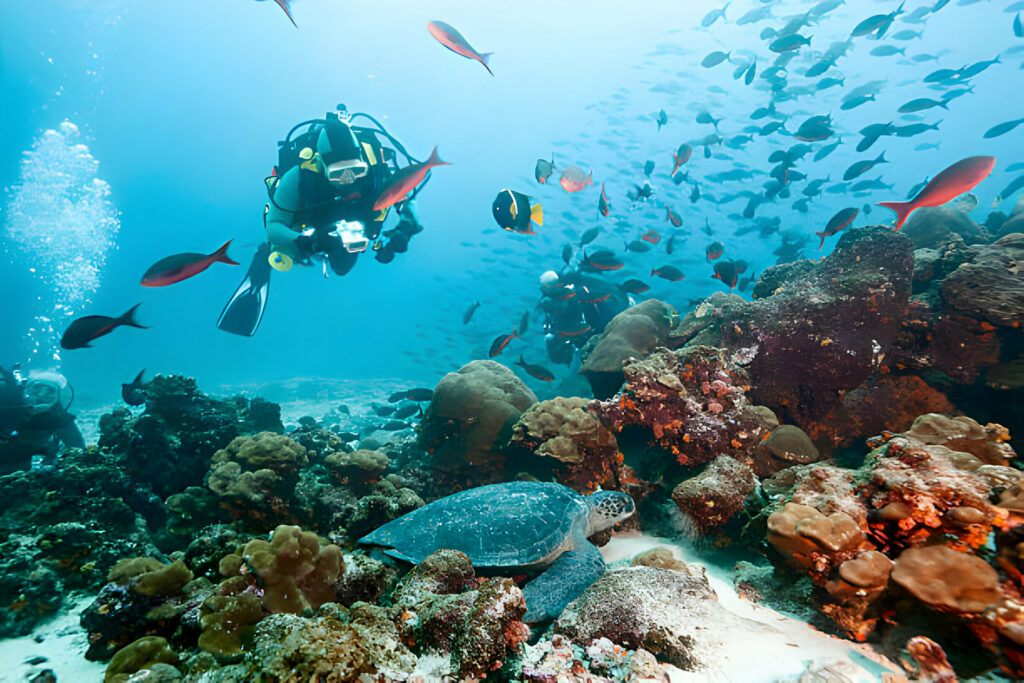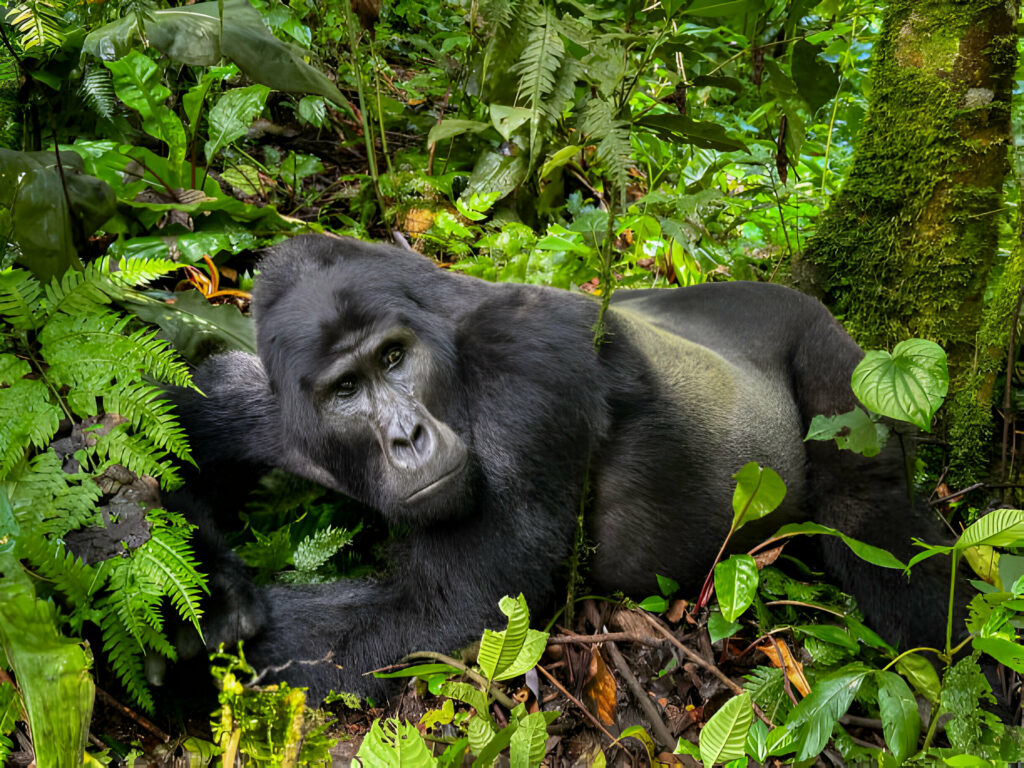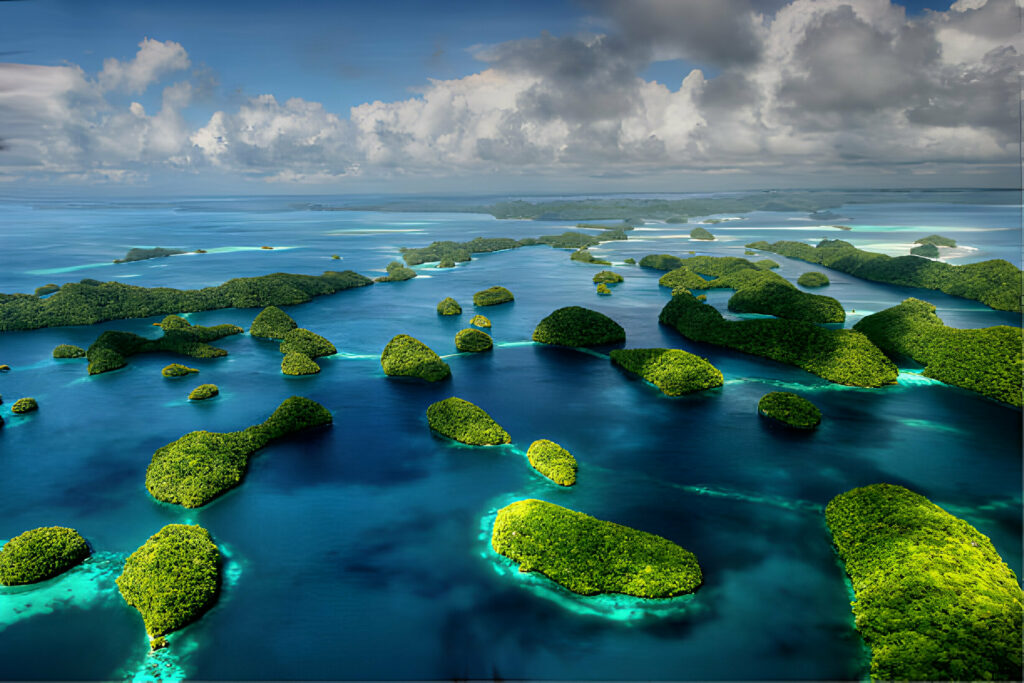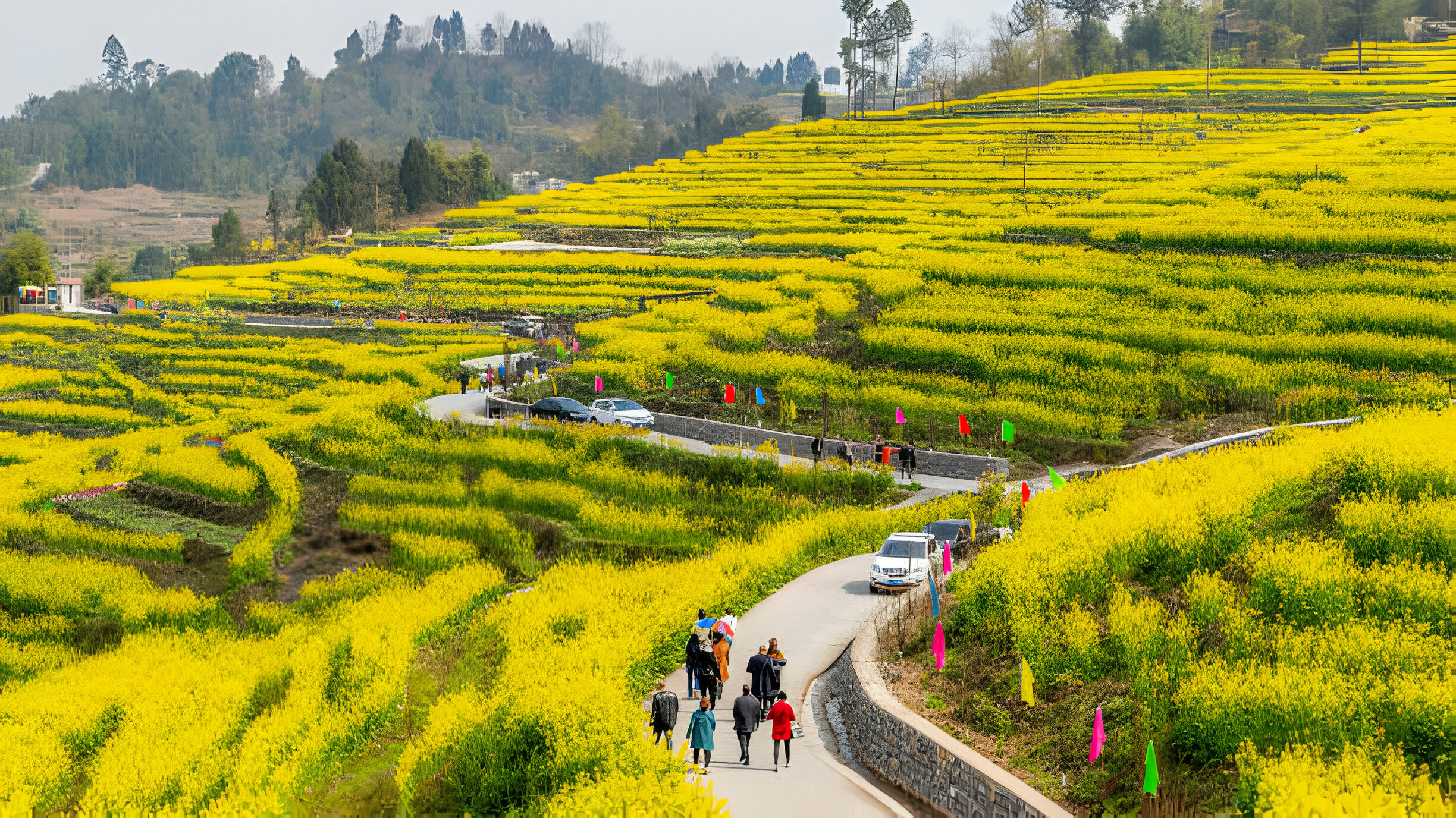Table of Contents
Introduction:
In recent years, ecotourism has emerged as a popular travel trend, offering travelers the opportunity to explore stunning natural landscapes while minimizing their environmental impact. From lush rainforests to pristine coastlines, ecotourism destinations around the world beckon adventurers seeking meaningful and sustainable experiences. In this article, we’ll delve into some of the top ecotourism destinations that showcase the beauty of our planet while promoting conservation efforts.
Costa Rica:

Costa Rica, a gem nestled in the heart of Central America, boasts a reputation as a global leader in biodiversity conservation. Its verdant landscapes are a testament to the country’s commitment to preserving its natural treasures for future generations to enjoy.
Travelers are invited to immerse themselves in Costa Rica’s diverse ecosystems, which range from the dense foliage of its iconic rainforests to the ethereal beauty of its mist-shrouded cloud forests and the rugged majesty of its volcanic terrain.
In Corcovado National Park, one of the crown jewels of Costa Rica’s protected areas, visitors have the chance to witness a breathtaking array of exotic wildlife, including rare species like the elusive jaguar and the resplendent quetzal.
Meanwhile, the Monteverde Cloud Forest Reserve beckons with its enchanting canopy walks, thrilling zip-line adventures, and educational eco-tours that offer insights into the delicate balance of its unique ecosystem.
Whether trekking through pristine wilderness or engaging in sustainable tourism initiatives, Costa Rica offers a wealth of opportunities for travelers to connect with nature in a meaningful and environmentally responsible way.
Galápagos Islands, Ecuador:

Situated in the Pacific Ocean, the Galápagos Islands are a UNESCO World Heritage Site known for their unique wildlife and pristine natural habitats. Travelers can embark on eco-friendly cruises or guided tours to observe iconic species such as giant tortoises, marine iguanas, and blue-footed boobies. With strict conservation measures in place, visitors can experience the islands’ natural wonders while supporting ongoing preservation efforts.
Norwegian Fjords, Norway:

With its dramatic landscapes and crystal-clear waters, Norway’s fjords are a haven for nature enthusiasts. Travelers can embark on eco-friendly cruises or hiking expeditions to explore the breathtaking scenery of the Norwegian coastline. From spotting whales and seals to marveling at cascading waterfalls, the Norwegian fjords offer a truly immersive ecotourism experience.
Bwindi Impenetrable Forest, Uganda:

Home to half of the world’s remaining mountain gorillas, Bwindi Impenetrable Forest in Uganda is a prime destination for wildlife enthusiasts and conservationists alike. Visitors can participate in gorilla trekking expeditions led by experienced guides, offering a rare opportunity to observe these majestic creatures in their natural habitat. By supporting ecotourism initiatives, travelers can contribute to the protection of endangered species and their fragile ecosystems.
Palau, Micronesia:

Located in the western Pacific Ocean, Palau is a paradise for nature enthusiasts and marine lovers alike. Its pristine coral reefs and diverse marine ecosystems offer an unparalleled opportunity for exploration and discovery. Visitors can immerse themselves in Palau’s underwater wonders by engaging in activities such as snorkeling, scuba diving, and kayaking. From vibrant coral gardens teeming with tropical fish to mesmerizing underwater caves and tunnels, Palau’s marine sanctuaries never fail to captivate adventurers.
One of Palau’s most significant contributions to marine conservation is the establishment of the world’s first shark sanctuary. This sanctuary provides a safe haven for various shark species, safeguarding them from threats such as overfishing and habitat destruction. Additionally, Palau has implemented strict regulations to protect its marine environment, including measures to prevent coral reef damage and reduce plastic pollution.
Travelers visiting Palau’s ecotourism destinations not only have the opportunity to witness the incredible biodiversity of the region but also play a crucial role in supporting conservation efforts. By choosing sustainable tour operators and practicing responsible tourism behaviors, visitors contribute to the preservation of Palau’s natural heritage for future generations. Furthermore, engaging with local communities and learning about traditional conservation practices provides a deeper understanding of the interconnectedness between humans and the environment.
In Palau, ecotourism isn’t just about experiencing the beauty of nature—it’s about actively participating in efforts to conserve and protect fragile ecosystems. Whether exploring vibrant coral reefs, learning about marine conservation initiatives, or simply enjoying the tranquility of the island’s pristine beaches, travelers to Palau become stewards of the environment, leaving behind a positive impact that extends far beyond their visit.
Svalbard, Norway:

Situated in the Arctic Ocean, Svalbard is a remote archipelago known for its rugged landscapes and unique wildlife. Visitors can embark on eco-friendly expeditions to witness polar bears, Arctic foxes, and migratory birds in their natural habitat. With its untouched wilderness and minimal human impact, Svalbard offers a truly immersive ecotourism experience for adventurous travelers.
Maasai Mara National Reserve, Kenya:

As one of Africa’s most renowned safari destinations, Maasai Mara National Reserve beckons travelers with the promise of extraordinary wildlife encounters and breathtaking natural landscapes. Situated in Kenya, this iconic reserve is famous for hosting the annual wildebeest migration, a spectacle that draws visitors from around the globe. Here, travelers have the opportunity to witness the awe-inspiring sight of thousands of wildebeests and other herbivores traversing the savannah in search of greener pastures, while predators such as lions, leopards, and cheetahs lie in wait.
Beyond the migration, Maasai Mara offers encounters with Africa’s Big Five – lions, elephants, buffaloes, leopards, and rhinoceroses – ensuring unforgettable safari experiences for wildlife enthusiasts. Travelers can embark on game drives led by knowledgeable guides, who reveal the secrets of the bush and help spot elusive creatures hiding in the tall grasses. Additionally, guided walking safaris provide a closer connection to nature, allowing visitors to appreciate the smaller wonders of the reserve, from colorful birds to intricate insect life.
In Maasai Mara, conservation is a top priority, and travelers can support local efforts by choosing eco-friendly accommodations and participating in community-based tourism initiatives. Many lodges and camps within the reserve adhere to sustainable practices, such as using renewable energy sources, minimizing waste, and supporting conservation projects. Furthermore, community-based tourism initiatives provide opportunities to interact with the Maasai people, learn about their traditional way of life, and contribute to local development projects.
With its sweeping savannahs, meandering rivers, and dramatic sunsets, Maasai Mara captivates the hearts of ecotourists seeking authentic African experiences. Whether marveling at the sheer abundance of wildlife, immersing oneself in Maasai culture, or simply savoring the tranquility of the bush, a visit to Maasai Mara promises unforgettable moments and meaningful connections with nature. As travelers tread lightly on this ancient land, they become part of a conservation legacy, ensuring that future generations can continue to experience the magic of Maasai Mara for years to come.
Conclusion:
Ecotourism destinations offer travelers the opportunity to connect with nature, support conservation efforts, and make a positive impact on the planet. By choosing sustainable travel options and supporting local communities, ecotourists can enjoy meaningful experiences while preserving the beauty and biodiversity of our world’s most precious natural treasures. Whether it’s exploring Costa Rica’s rainforests or snorkeling in Palau’s pristine waters, ecotourism destinations offer endless opportunities for adventure and discovery.
Next:
Top 8 Fastest-Growing Extreme Sports For Thrilling Your Life
About Author

Khushi Saxena is a passionate writer who channels her love for exploration, lifestyle, and culinary delights into captivating narratives. With a keen eye for detail and a zest for adventure, Khushi brings to life the enchanting worlds of travel, lifestyle, and food through her evocative storytelling.
As a seasoned traveler, Khushi has embarked on journeys to far-flung corners of the globe, immersing herself in diverse cultures, traditions, and landscapes.
Her travel writings offer readers a glimpse into her adventures, from wandering through bustling markets in Marrakech to savoring street food delicacies in Bangkok’s vibrant alleyways.
In the realm of lifestyle, Khushi shares her insights and experiences on topics ranging from wellness and self-care to fashion and home decor. With a focus on mindful living and personal growth, her articles inspire readers to embrace life’s joys and challenges with grace and authenticity.





